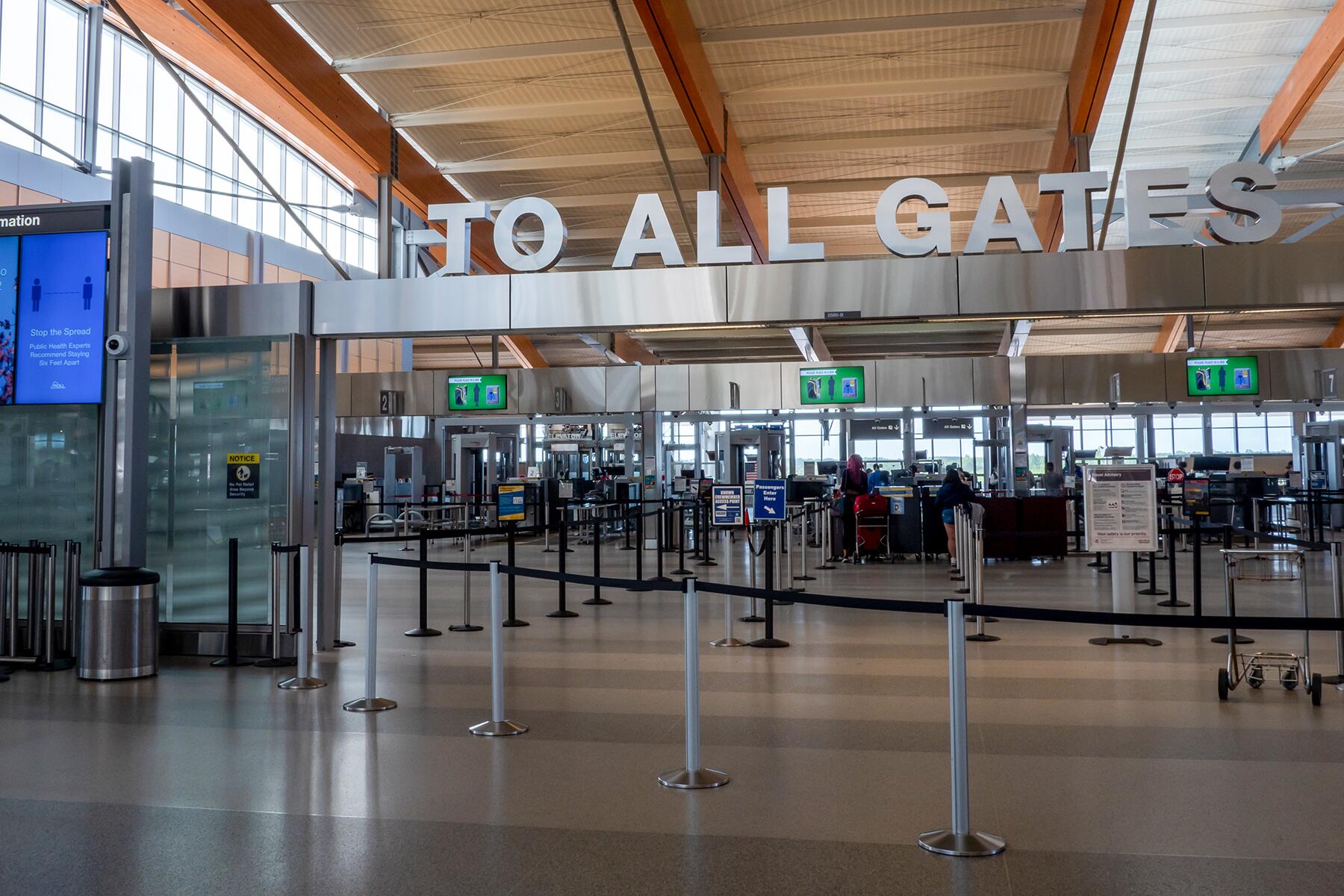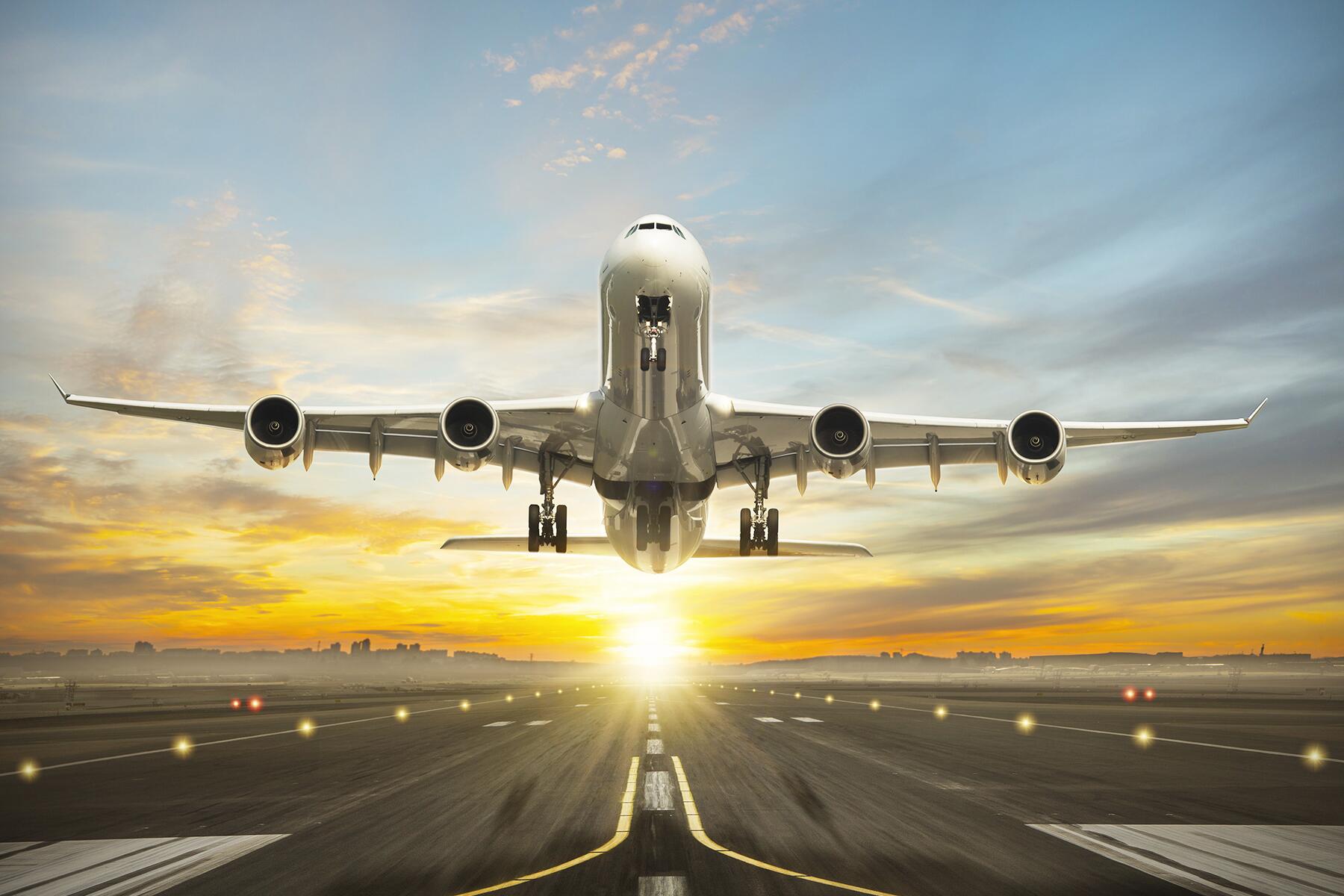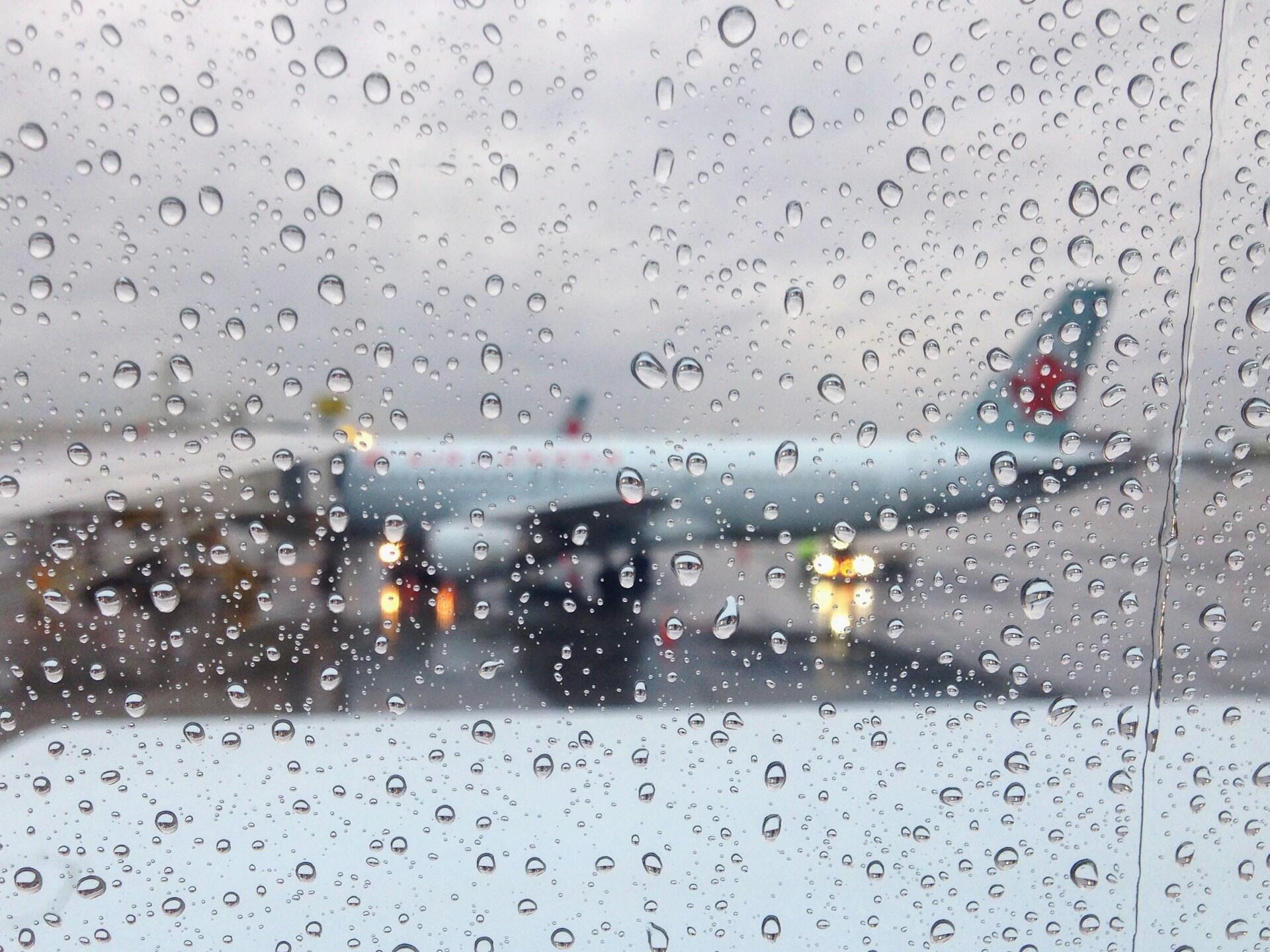There are some things airlines haven’t told you that you should consider before caving in to the temptation of ultra-cheap airfare that’s emerged during the coronavirus pandemic.
As airfares plummet amid the spread of COVID-19, many of us are wondering whether it’s safe or worth it to cash in on bargain airfares. Recently, you could book a ticket from Los Angeles to London and travel in August for as little as $329 roundtrip. Tempting deals can be found from multiple airlines that offer travel up until the end of this year and early next year as they struggle with a plunge in demand. But before keen explorers take advantage of these mega sales, there are a few things to consider during this rapidly evolving pandemic.







I think this is an EXCELLENT time to start planning and purchasing future travel. This article does provide helpful topics that need to be looked at prior to traveling. However people have been traveling safely for centuries while being exposed to maladies worse than COVID